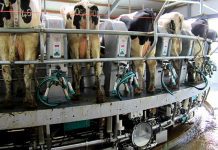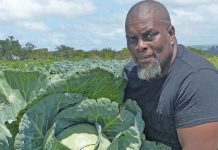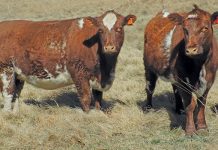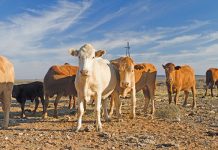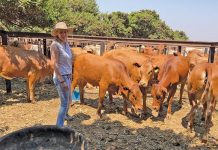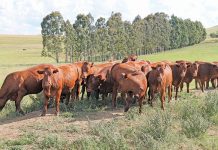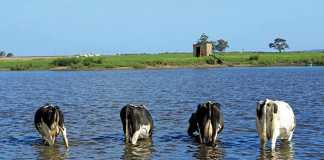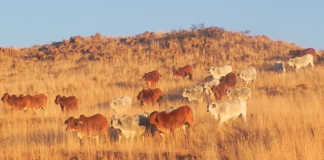Environmental activists are pressuring agricultural legislators to list three popular pasture and turf grasses as invasive alien plants in South Africa. Pennisetum clandestinum (kikuyu grass), Lolium multiflorum (annual rye grass) and Lolium perenne (perennial rye grass) are currently due to be restricted as invasive alien plants in the proposed amendments to the Conservation of Agricultural Resources Act, 1983 (Act No. 43 of 1983).
This has caused widespread alarm among the dairy and meat production industries, as well as among seed companies. Kikuyu is a major pasture for dairy animals in the Eastern Cape, and is also an important turf grass species used on sports fields, parks and domestic gardens. Both perennial and annual rye grass are used to increase dairy and meat production, especially during winter in the interior when no alternative green pasture is available.
According to the South African National Seed Organisation (Sansor), the popularity of these species is evident in the fact that seeds to the value of more than R39 million were sold to producers from March 2006 to February 2007. Environmentalists feel that these species are a threat to biodiversity and that they pose a threat to the indigenous grass species of South Africa. But Sansor notes that neither kikuyu nor rye grass could pose a threat as kikuyu is not drought-resistant, and rye grass is restricted by multiplication constraints in South Africa.
Lesley Henderson from the ARC’s Plant Protection Research Institute said that nothing is definite and that these species have only been earmarked for investigation. “We realise that these are very controversial species, and at this point I don’t think they will be listed. And with all the processes that must be done, I can’t see anything being finalised before the end of this year,” she said.
Dr Albert Smith, a pasture scientist at the ARC said that the issue would have to be taken to very high levels before it could be passed. “These aren’t invasive species, they’re just not indigenous,” he said. “These things that are so important for agriculture shouldn’t be regulated by environmental affairs.”
Stakeholders can voice their opinions on the matter to the Office of the Registrar: Conservation of Agricultural Resources Act, Private Bag X120, Pretoria 0001 or e-mail [email protected], for the attention of Hélette Prinsloo. – Gwenda van Zyl

